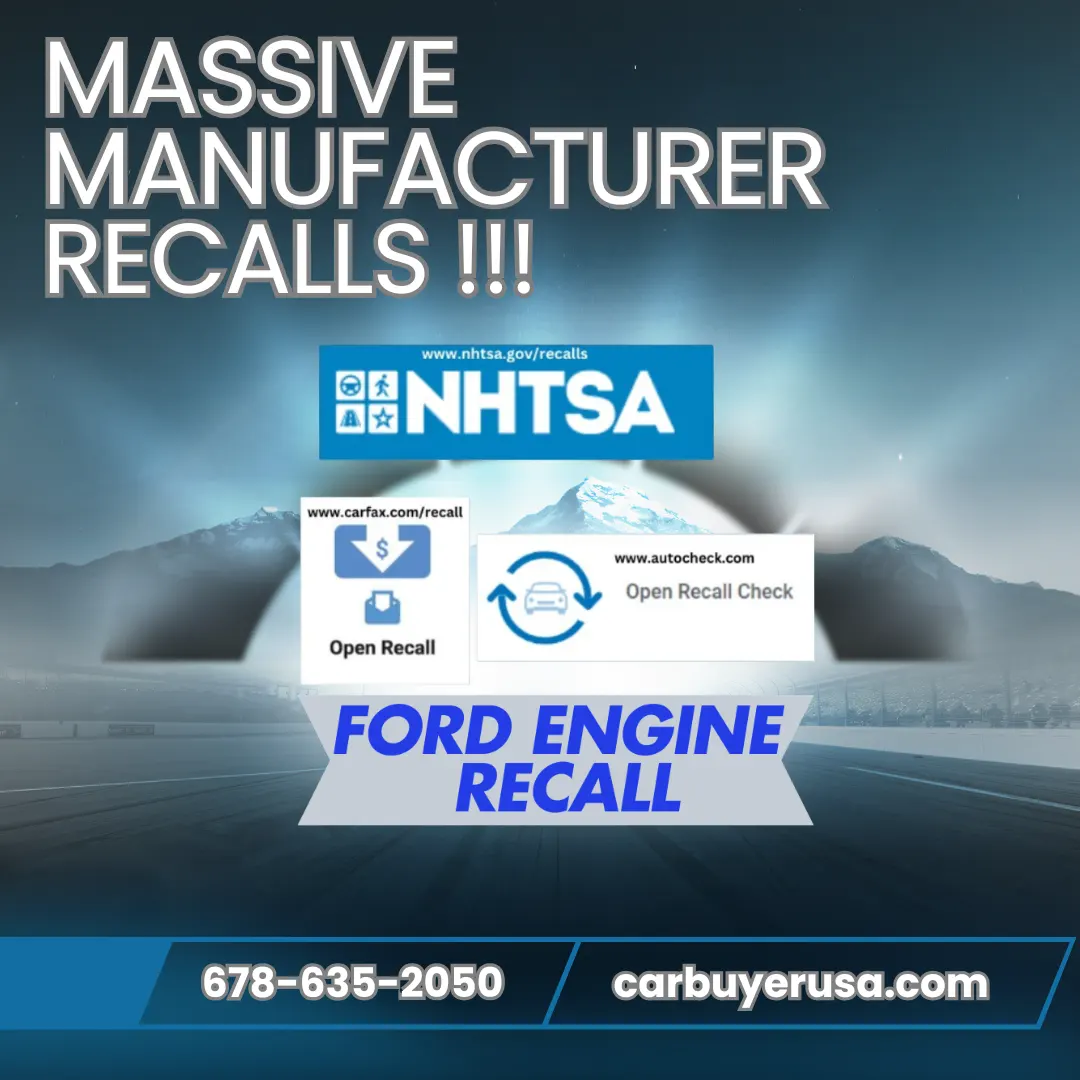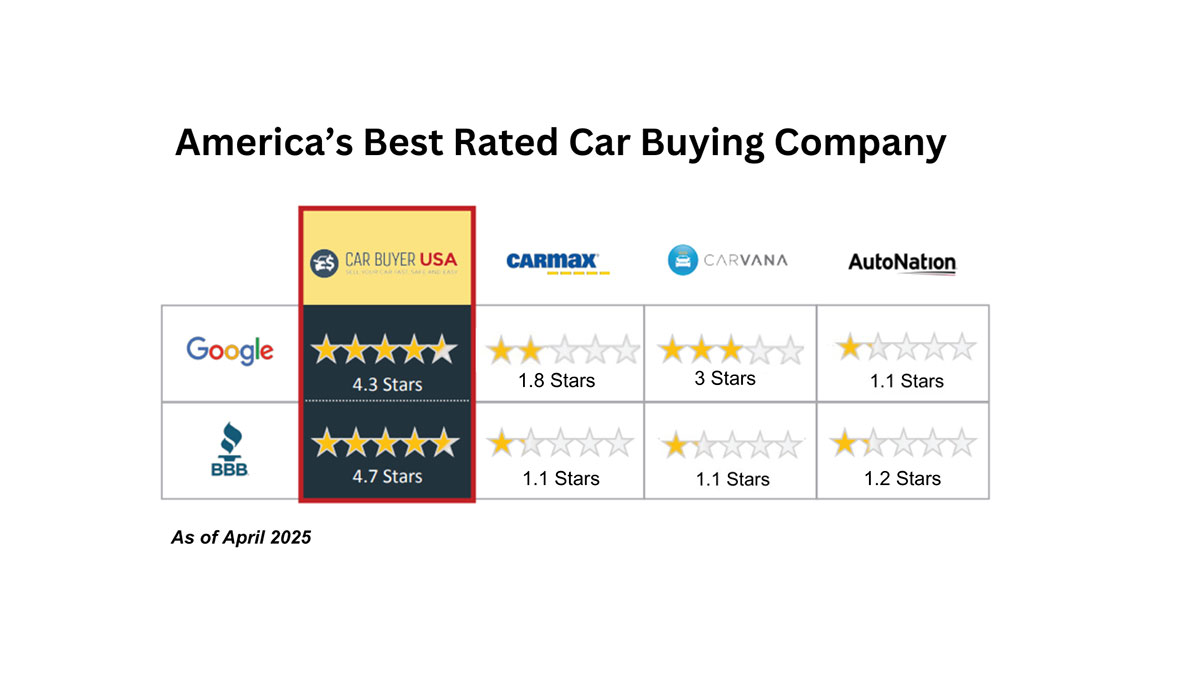
In recent weeks, U.S. drivers have been hit with a wave of auto recalls that shine a spotlight on vehicle safety issues affecting hundreds of thousands of cars. Major manufacturers like Ford and Volvo are facing scrutiny for problems that range from potential vehicle fires to critical brake system failures. These developments are not just technical glitches, they are reminders of how vital proactive maintenance and recall awareness are for drivers and families.
The most widely discussed recall right now involves Ford, one of the nation’s top automakers. The company recently recalled around 700,000 of its popular SUVs, including Bronco Sport models from 2021 to 2024 and Escape models from 2020 to 2022. The issue centers around cracked fuel injectors that can leak fuel near hot engine components. This could potentially result in engine fires, even when the vehicle is turned off. Although no widespread injuries have been reported, the risk is serious enough for Ford to take immediate action.
To address the problem, Ford is rolling out a software update that aims to alert drivers if a fuel leak is detected. This is considered an interim measure. A permanent fix is still in development, and Ford is working closely with dealerships and customers to ensure repairs are made promptly once the long-term solution is ready. While the update may reduce immediate danger, affected owners are encouraged to remain vigilant for signs of fuel leaks or engine overheating and to contact their dealer if anything seems unusual.
Meanwhile, Volvo is dealing with its own urgent safety matter. A recall announced in June affected more than 11,000 vehicles due to a software-related issue in the brake control module. The glitch could lead to a complete failure of the braking system under certain driving conditions, such as descending a steep grade. As of mid July, nearly 1,000 of those vehicles still had not received the software update, raising concerns among safety officials. The National Highway Traffic Safety Administration (NHTSA) has urged all affected owners to complete the update as soon as possible to avoid potential accidents.
While the scale of Volvo’s issue is smaller than Ford’s, the consequences could be just as severe if left unaddressed. Brake failure at highway speeds or on steep roads could easily lead to crashes. Volvo has made the fix available via over the air updates for most vehicles, making it relatively easy for owners to address the problem without visiting a dealership.
These recalls come during a broader period of heightened automotive safety alerts. In addition to the Ford and Volvo cases, there have been widespread concerns about overheating car key fobs in regions experiencing extreme heat. With many parts of the country facing temperatures well above average, key fobs left in direct sunlight, especially on dashboards, have been reported to overheat, sometimes leaking battery acid or malfunctioning. While not life threatening, these failures can be a major inconvenience and even a fire hazard in rare cases.
For drivers in the U.S., these recent issues highlight the importance of staying informed about vehicle recalls and safety bulletins. Automakers are legally required to notify owners of recalls, but contact information can be out of date, especially for used car buyers. It's a good idea to regularly check the NHTSA website using your vehicle’s VIN to see if any active recalls apply. Most repairs related to recalls are performed at no cost to the owner. Beyond checking for recalls, staying alert for any unusual smells, warning lights, or performance changes can help drivers catch issues early. Whether it’s a fuel smell in the cabin, reduced braking performance, or an overheating electronic device, small signs often precede bigger problems.
These recent recalls reflect the growing complexity of automotive systems, especially as vehicles incorporate more technology. Drivers should regularly check for open recalls using their VIN and schedule repairs promptly to ensure safety. For more detailed information on specific recalls, affected vehicle owners please visit nhtsa.gov/recalls, carfax.com/recall or autocheck.com.


